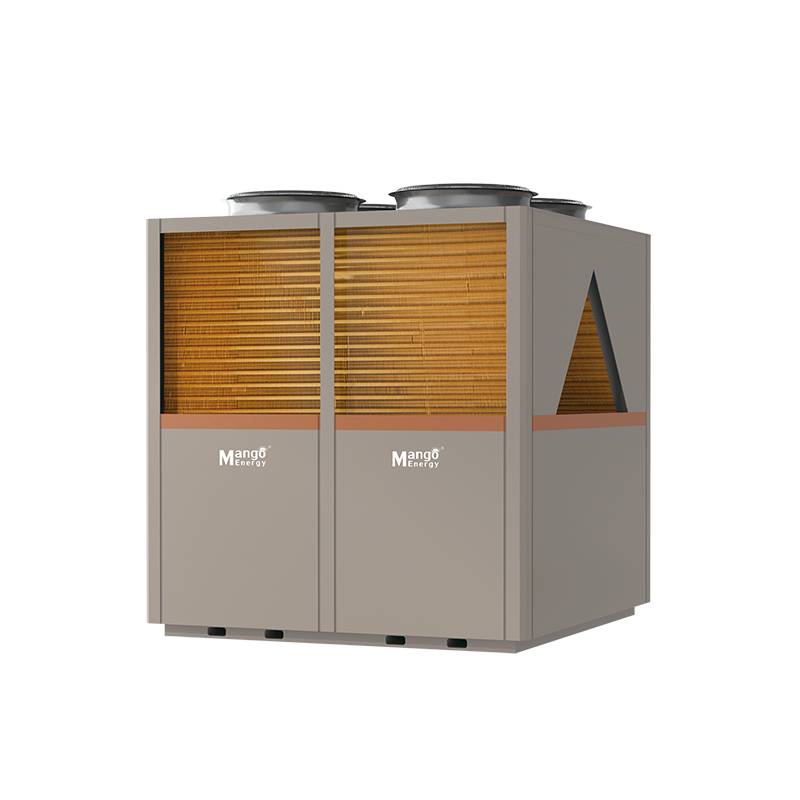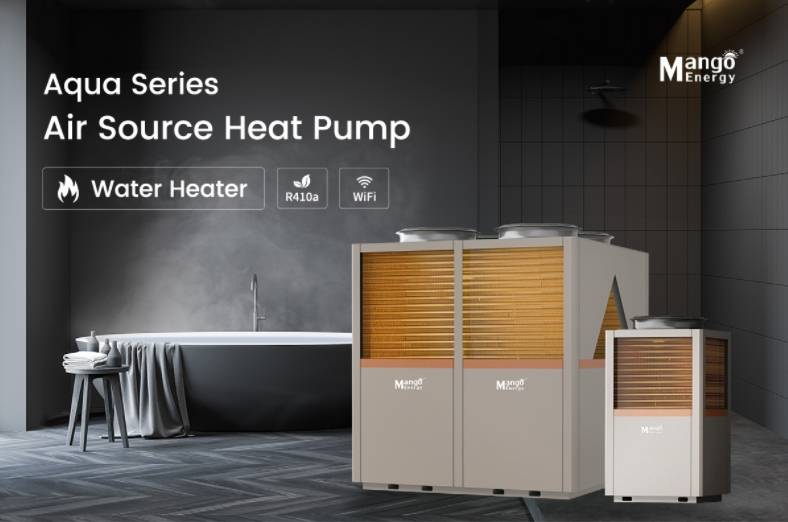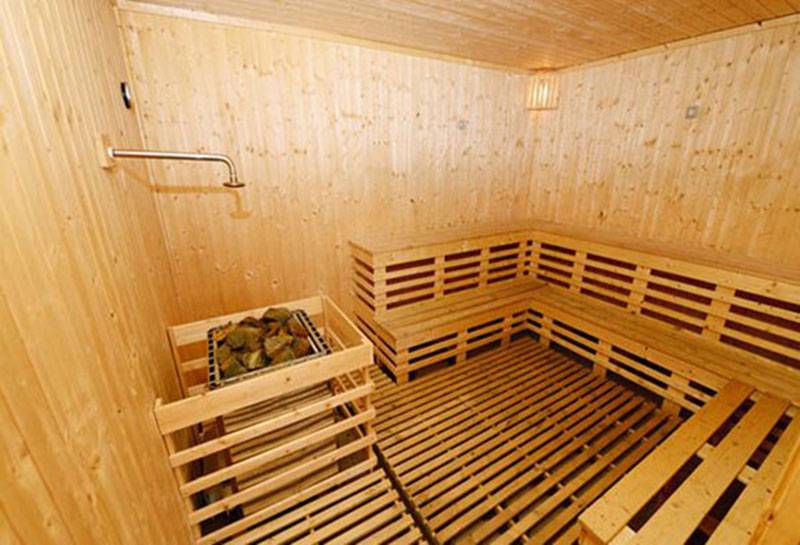
In today’s eco-conscious and energy-efficient world, businesses are increasingly looking for solutions that can reduce operational costs while contributing to environmental sustainability. One such innovation is the air-source water heater, a system that harnesses the ambient air to heat water. Whether you're in the hospitality industry, managing a commercial facility, or running a large-scale manufacturing plant, understanding the potential benefits of air-source water heaters can help you make informed decisions about your energy needs.
What is an Air-Source Water Heater?
Air-source water heaters, or air-source heat pump water heaters, function by extracting heat from the surrounding air and transferring it to water. These systems work similarly to air conditioners but in reverse, absorbing heat from the air and raising the temperature of the water inside the tank. This technology offers a highly energy-efficient alternative to conventional electric or gas water heaters, as it requires less energy to heat the water. While water source heat pump water heaters rely on the temperature of groundwater or another external water source, air-source systems are often a more practical solution for businesses where ground-source options may not be viable.


Types of Businesses That Can Benefit from Air-Source Water Heaters
Hotels and Lodging Facilities
Hotels, resorts, and guesthouses require hot water for various functions, including guest rooms, pools, spas, and kitchens. A commercial air-source water heater can be an ideal solution for these establishments, especially considering their typically high hot water demand. By switching to an air-source system, hotel managers can significantly reduce water heating costs, as these systems are often 2-3 times more energy-efficient than traditional electric water heaters.
In addition to energy savings, air-source systems also have lower upfront air-source water heaters price compared to other types of renewable heating systems. This makes them an affordable choice for businesses looking to upgrade their hot water systems without breaking the budget.

Restaurants and Food Service Businesses
Restaurants, cafes, and other food service businesses also use large amounts of hot water for cooking, cleaning, and sanitizing purposes. A consistent hot water supply is essential for maintaining hygiene standards and ensuring smooth operations. Given the continuous demand for hot water, an air-source water heater can reduce energy costs while improving overall efficiency. In the case of commercial air-source water heaters cost, this upfront investment can be offset by long-term savings in energy bills, especially as electricity prices continue to rise. By using an air-source system, businesses can expect a return on investment within a few years due to these savings.
Gyms, Fitness Centers, and Spas
Fitness centers and spas rely on hot water for showers, hot tubs, and sauna facilities. These amenities require a constant supply of hot water, and maintaining an efficient, cost-effective water heating system is crucial. Air-source water heaters are perfect for these businesses due to their ability to provide hot water on demand while reducing energy costs. The initial air-source water heaters price may be higher than traditional systems, but the energy savings over time make them a smart investment for businesses with high hot water consumption. Additionally, the eco-friendly nature of these systems aligns with the growing trend of businesses prioritizing sustainability.

Healthcare Facilities
Hospitals, clinics, and long-term care facilities require large quantities of hot water for patient care, sterilization, and other medical processes. Due to the critical nature of their work, healthcare facilities need a reliable and consistent hot water supply. Air-source water heaters provide an energy-efficient way to meet these demands, ensuring that healthcare facilities can operate without worrying about water heating inefficiencies. The water source heat pump water heater option can be particularly beneficial in regions with stable and moderate air temperatures, making it a cost-effective solution for healthcare institutions that need to ensure hot water availability at all times.
Manufacturing and Industrial Facilities
In industrial environments, hot water is used for a variety of purposes, from cleaning equipment to processing materials. Industries such as food production, textiles, and pharmaceuticals often rely on large quantities of hot water to ensure product quality and regulatory compliance. An air-source water heater can be a reliable and energy-efficient solution for these businesses.
Although the commercial air-source water heaters cost may initially seem high, industrial applications can benefit from the system's longevity and energy efficiency. The return on investment comes through substantial savings in operational costs, particularly for businesses with consistent and high hot water needs.
Key Benefits of Air-Source Water Heaters
Energy Efficiency: Air-source water heaters consume significantly less energy compared to conventional electric or gas water heaters, making them ideal for businesses looking to cut costs.
Lower Operational Costs: While the initial air-source water heaters price may be higher, the savings on energy bills quickly compensate for the upfront investment.
Eco-Friendly: These systems reduce greenhouse gas emissions, making them an attractive option for businesses committed to sustainability.
Reliable Performance: Air-source water heaters are durable and reliable, offering consistent performance even in colder climates.
Incentives and Rebates: Many businesses can take advantage of government incentives or rebates for installing energy-efficient equipment, further reducing the financial burden.
Conclusion:
Air-source water heaters are an excellent option for a variety of businesses, especially those that require large volumes of hot water. Whether you're operating a hotel, restaurant, gym, or industrial facility, the energy-efficient benefits of these systems can help lower both your commercial air-source water heaters cost and long-term operating expenses. While the air-source water heaters price may initially seem like a large investment, the reduced energy costs and environmental benefits make them an attractive choice for any business aiming to boost sustainability while improving operational efficiency.


